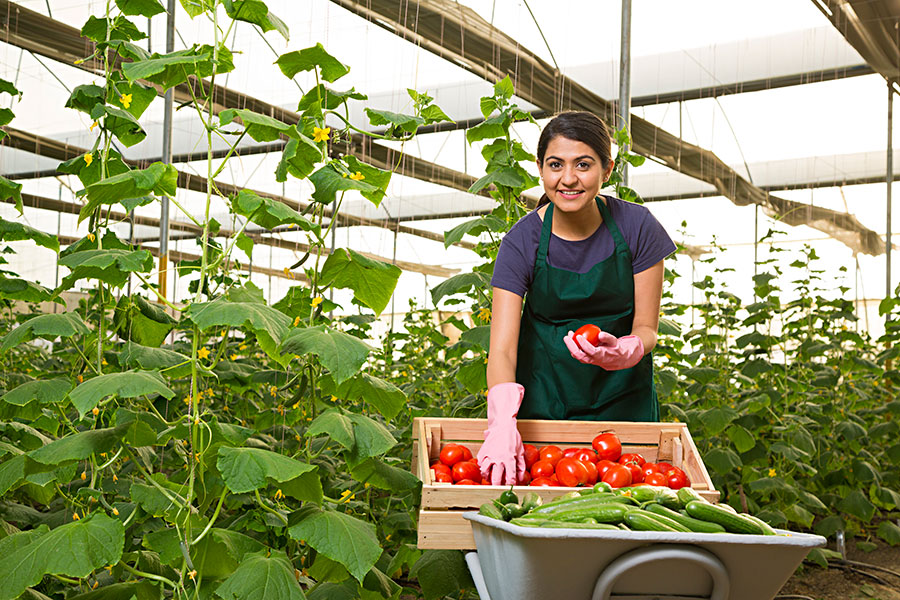The Hazard Analysis Critical Control Point (HACCP) system, which is science based and systematic, identifies specific hazards and measures for their control to ensure the safety of food. HACCP is a tool to assess hazards and establish control systems that focus on prevention rather than relying mainly on end-product testing. Any HACCP system is capable of accommodating change, such as advances in equipment design, processing procedures or technological developments.
HACCP can be applied throughout the food chain from primary production to final consumption and its implementation should be guided by scientific evidence of risks to human health. As well as enhancing food safety, implementation of HACCP can provide other significant benefits. In addition, the application of HACCP systems can aid inspection by regulatory authorities and promote international trade by increasing confidence in food safety.
The successful application of HACCP requires the full commitment and involvement of management and the work force. It also requires a multidisciplinary approach; this multidisciplinary approach should include, when appropriate, expertise in agronomy, veterinary health, production, microbiology, medicine, public health, food technology, environmental health, chemistry and engineering, according to the particular study. The application of HACCP is compatible with the implementation of quality management systems, such as the ISO 9000 series, and is the system of choice in the management of food safety within such systems.
Standard at a Glance
- General Principles of Food Hygiene
- Primary Production
- Control of Operation
- Establishment – Personal Hygiene
- Product Information and Consumer Awareness
- Hazard Analysis and Critical Control point
- Scope and Definition
- Establishment – Design and Facilities
- Establishment- Maintenance and Sanitation
- Transportation
- Training
Benefits of HACCP
- Ensures food safety standards and quality standards in place
- Integrates process to Produce Safe Food
- Helps the organisation develop Due diligence
- Reduce the barriers to international trade a
- Increase customer confidence
- Enhance customers services are in agreement with the Food Safety requirements and Food Safety Regulations
- Increase customer satisfaction
- Helps to improve the quality of the product and Food Safety.
Training Programs
We conduct all types of Food Safety Training(s). We measure our training effectiveness with proper assessments of different parameters.
- Food Safety Training(s)
- IRCA Lead Auditor Training
- Highfield Food Safety Trainings (Level 1, 2, 3)
- Internal Auditor Training
” I’m thankful to Jophy sir who given strength to fight against the COVID19 “
” I really enjoyed the FSMS course and Jophy has presented the topics in an enthusiastic and interactive way. The content related to events and situations are more from his experience, This has very useful and exceeded my expectations. “
FSPCA PCQI Training
Food Safety Preventive Control for Human Food Course Training Date: 2023 July 28 to July 31 Training Time: 9.00 am IST Training platform: virtual zoom application Enquiry email: info@foodsafetyadvisors.com Training Registration link...

Essential Skills Required in the Food Industry
Whenever you get an opportunity to demonstrate yourself as Food Safety Professional, how confident are you to deliver? The Degree & Certificate demonstrates the fundamental knowledge and skills for having “Food Safety” know-how. In the current scenario of...

